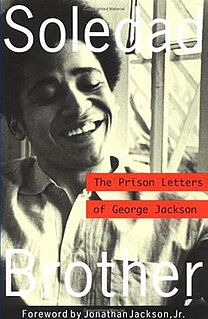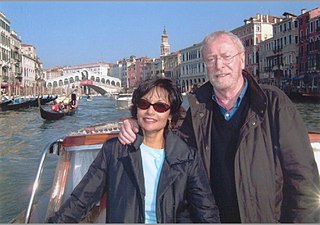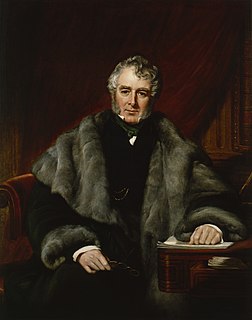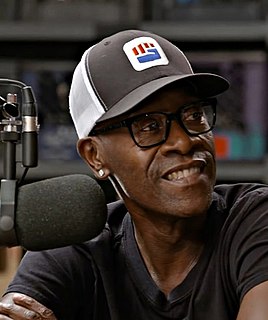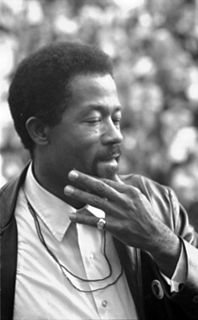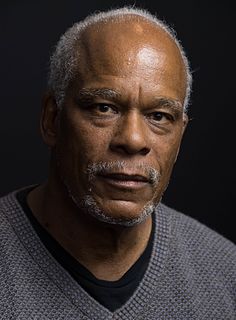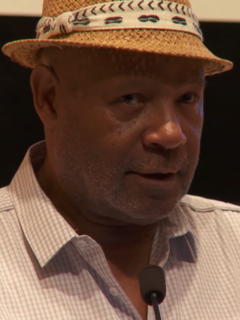A Quote by George Jackson
The savage repression of blacks, which can be estimated by reading the obituary columns of the nation's dailies, Fred Hampton, etc., has not failed to register on the black inmates.
Related Quotes
Republicans have reached out so much to black Republicans because it's part of our tradition. Blacks have been in this nation longer than most other Americans with the possible exception of white Anglo-Saxon Protestant. The first blacks in Congress and the first black Governor were all Republicans. It was Republicans who fought the Civil War over slavery and who introduced the Civil Rights legislation over the next hundred years.
The United States imprisons a larger percentage of its black population than South Africa did at the height of apartheid. In Washington, D.C., our nation’s capitol, it is estimated that three out of four young black men (and nearly all those in the poorest neighborhoods) can expect to serve time in prison.
It is extremely interesting to me that black males, and other black folk, are viewed as self-pitying, by either other blacks who have failed to accurately calculate their own diminished status as a result of racial animosity - both individual and systemic - or by whites who fail to comprehend how, after forcing black folk into subservience for hundreds of years, they now whine about small privileges that pale - so to speak - in comparison to the untold advantage of centuries of benefit.
Usually we look at it like, "Oh, black people couldn't vote in Mississippi because they had to take a literacy test." But one of the things you learn in the film is that there were major consequences for even trying to vote. You could be killed for trying to vote. You could definitely be fired from your job and many were, which is why so few black Mississippians even attempted to register early on. They put your name in the newspaper if you tried to register to vote.
